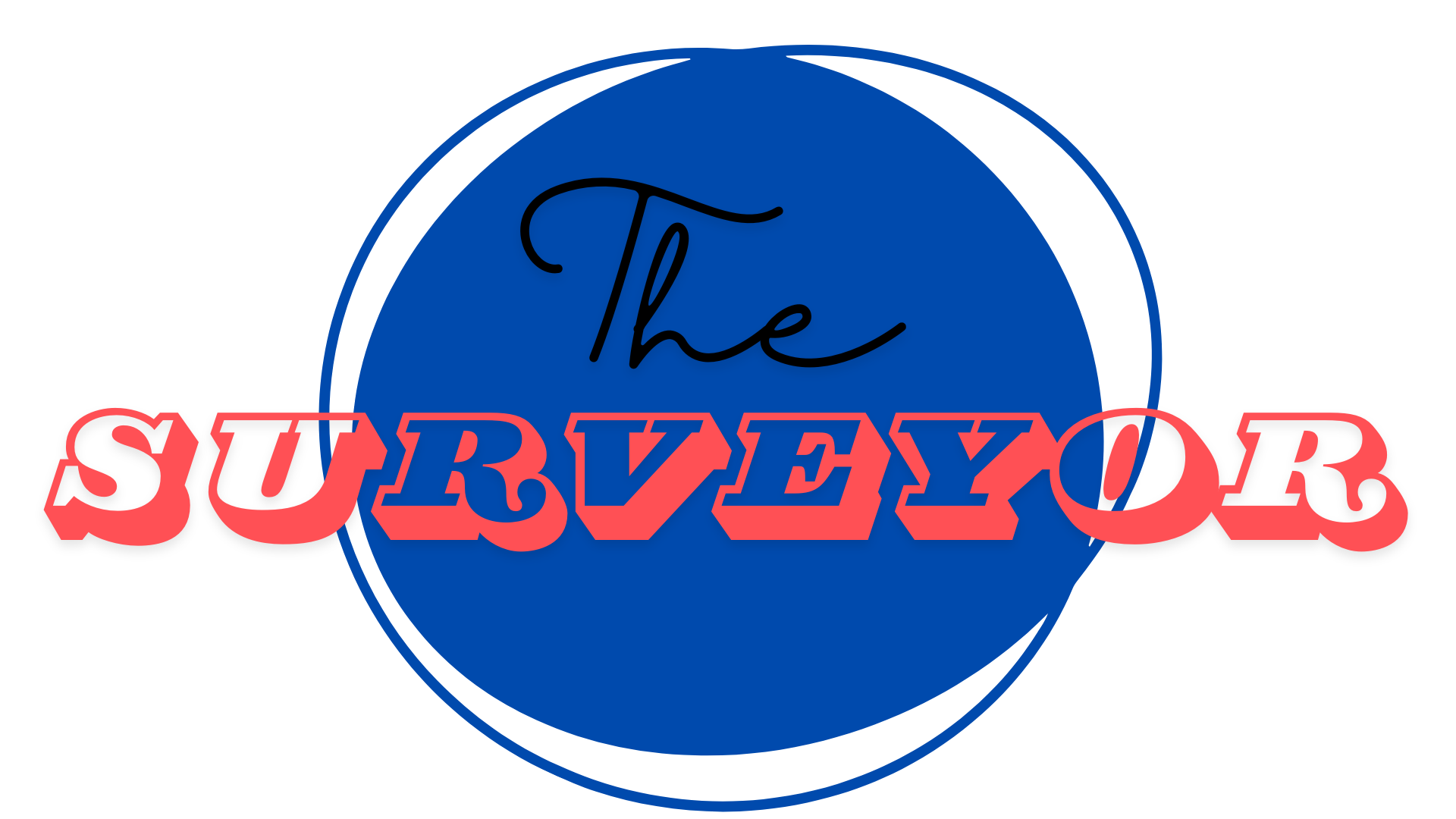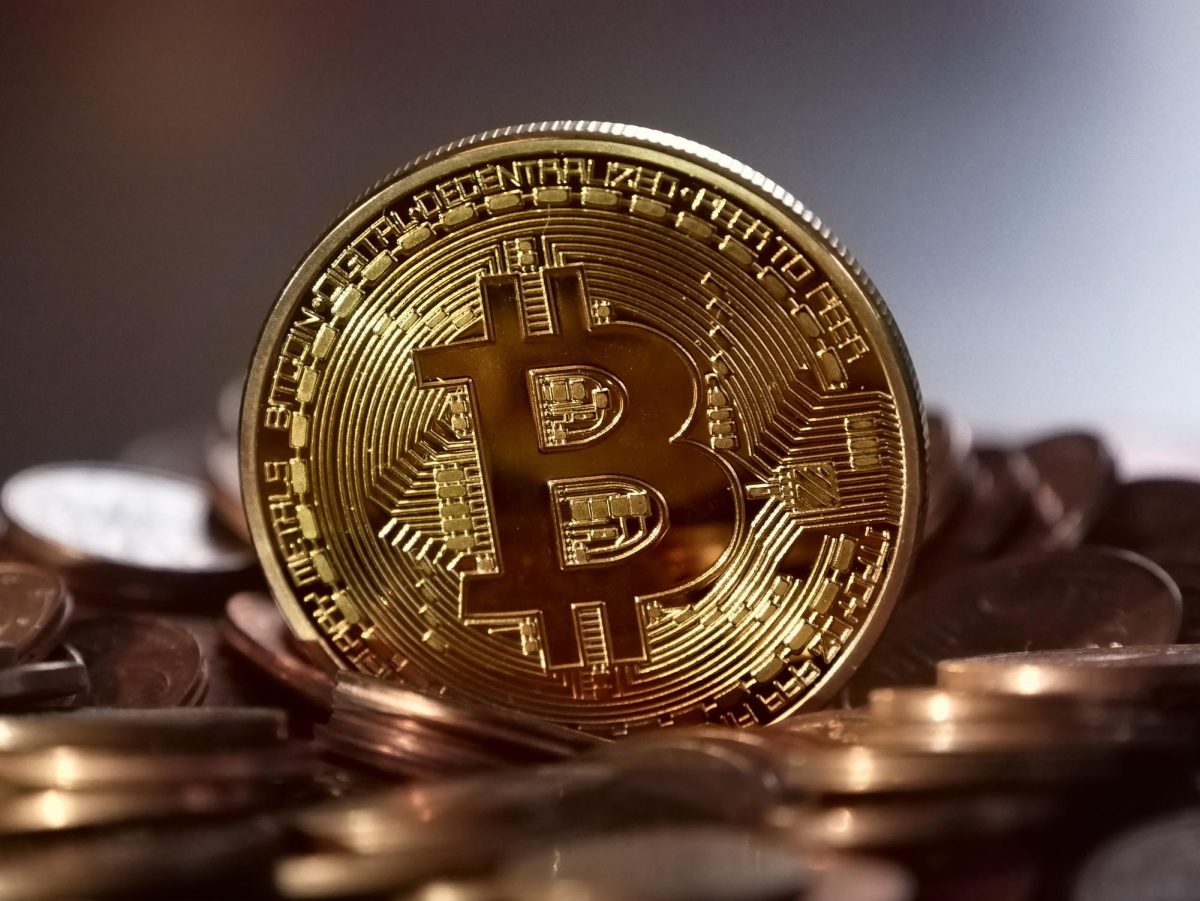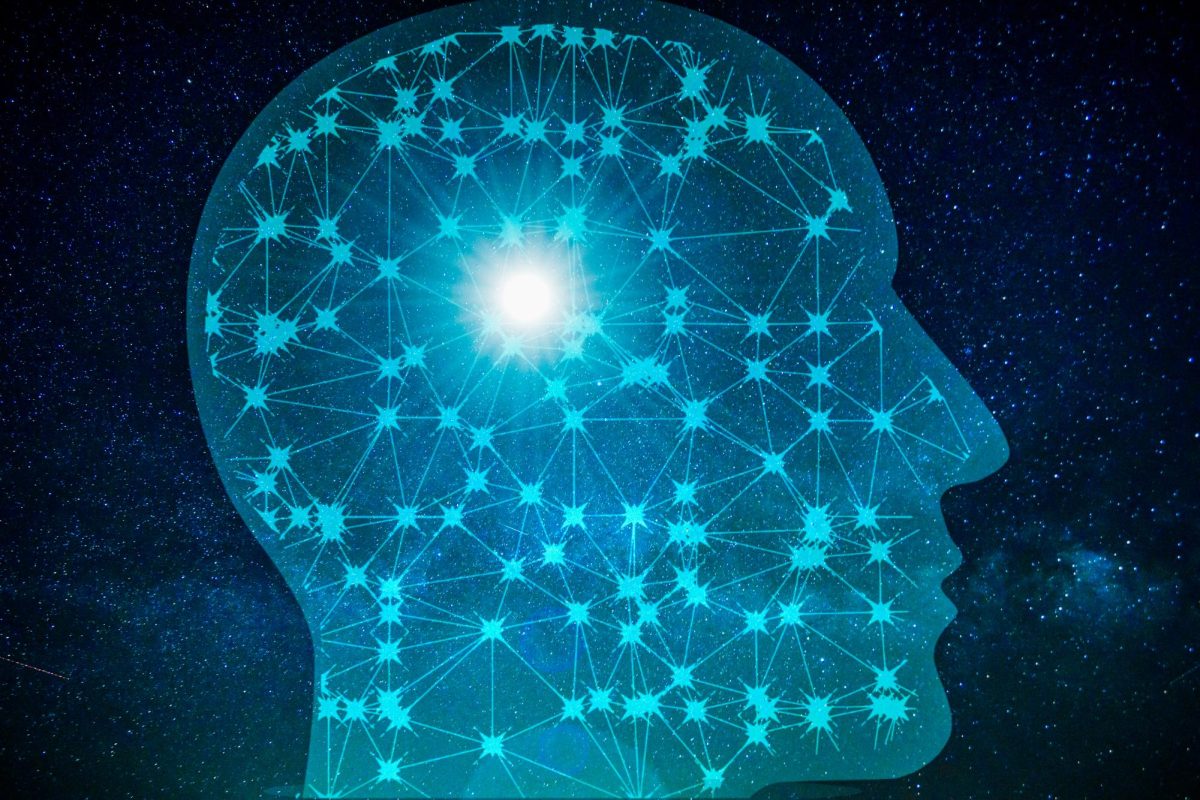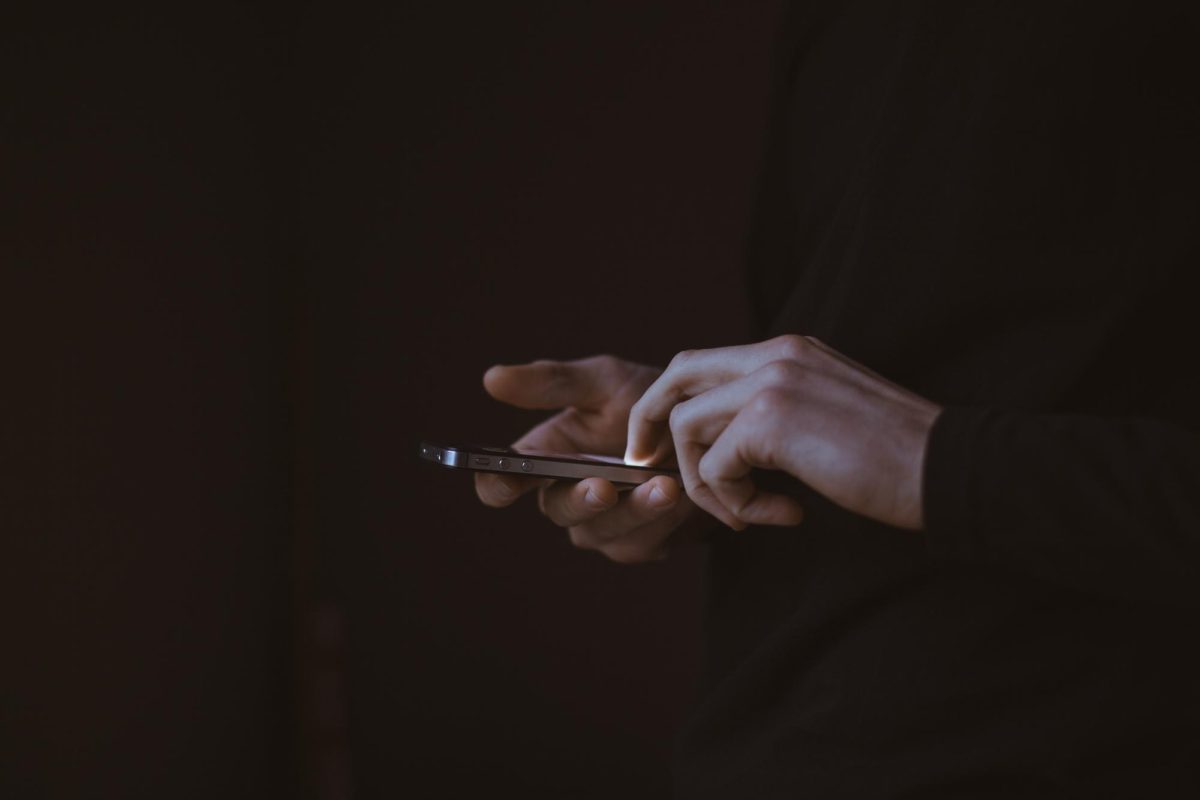Studies over the past 20 years have shown that the average attention span is decreasing. Over time a person’s ability to focus on one thing has dropped from two and a half minutes to forty-five seconds.
“Exact numbers can fluctuate,” says Art Kramer, a professor at Northeastern University, “but research has certainly suggested that we can’t pay attention as well as we used to.”
While the drop in attentiveness has yet to be focused directly on one cause many experts tie the decrease to information overload. As humans have gained access to so many resources we often don’t focus on one thing, due to the constant stream of information on numerous devices it causes many to find it difficult to focus on one task.
Whether it’s scrolling on your phone while watching TV or listening to music while writing an essay, multitasking is often a cause of this information overload. Multitasking can overstimulate certain neural networks, affecting our ability to focus. Since we can’t truly do two things at once our brain has to quickly bounce between multiple tasks, and this bouncing causes our brain to tire out.
We see how people are truly affected by this shortened attention span due to the rise of Short-form video content platforms like Tiktok and Instagram Reels, With short video content getting the most viewership of any form of content creation. Other platforms like Youtube, however, have seen a sharp decline in viewership as the platform relies on longer video content.
Many are becoming concerned with the effects of the loss of attentiveness. With the loss of attention spans resulted in a 40% decrease in productivity according to the American Psychological Association. Additionally, the loss of attention span can result in difficulty learning and retaining information.
“Beyond academics, the attention span crisis also takes a toll on students’ mental health. The elevated stress levels and cognitive fatigue associated with persistent digital distraction can contribute to increased anxiety, depression, and burnout.” says a researcher at Santa Maria College.
The loss of attention span and multitasking can also be damaging to people’s health. According to the American Psychological Association, the loss of attentiveness can cause a rise in a person’s blood pressure.
Some researchers suggest lifestyle changes to counteract the attention span decrease.
“As people improve their cardiorespiratory fitness a multitude of positive changes occur in brain function that improve many cognitive functions including the ability to screen out distractions,” Kramer notes.
To help focus on tasks many experts suggest turning off your devices and working one task at a time. This allows for an increase in productivity due to the lack of multitasking but also helps the brain to not be overly active.









